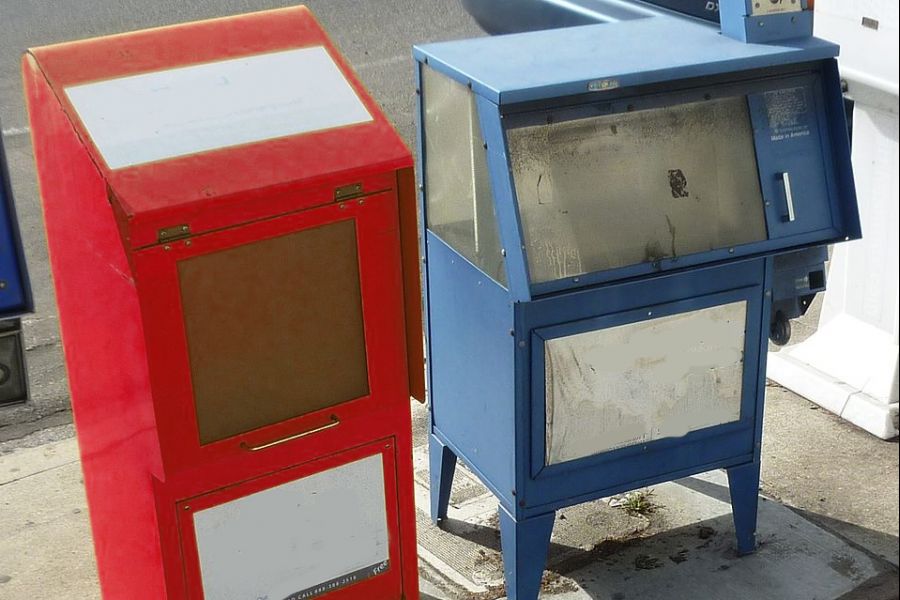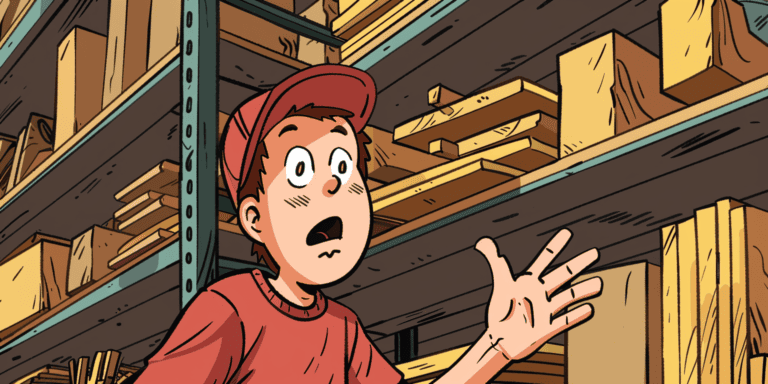Penny Coles
OPINION
In this age of turning to Google with any question you have, you expect an instant answer.
It can be pretty frustrating when you can’t find it.
And if you are a regular reader of your community newspapers, you may have become accustomed to finding town news online.
Likewise, if you are seeking information about something that happened in recent years, you would expect to find it in an archive.
That situation changed somewhat last November when the Niagara Advance — Niagara-on-the-Lake’s community newspaper for almost a century — closed.
Suddenly, instead of two local newspapers online, there was one, and it was if that other newspaper, the one that had been around for almost 100 years, had never existed.
It not only failed to turn up in your driveway, but any trace of the stories that had been posted online also disappeared.
And that is happening across the country, as newspapers in small communities like ours are shut down, taking a bit of local history with them.
In Niagara-on-the-Lake, it was a large chunk that disappeared. and it will be missed.
Over the years, we had many residents come to our office to look for something published years ago — it was important enough for them to sometimes spend hours pouring over the past editions that were bound together and dated by year.
Occasionally, if they didn’t find what they were looking for, they’d come back another day and continue their search; it could take a long time, which I completely understood because if I had to look up something in the bound copies I would get caught up reading old articles, looking at pictures of people from decades ago, checking out the ads to see which stores were in business and how much (how little, really) they charged for their products.
I remember searching for the editions that contained articles on the controversy of where the Shaw Festival should be located, or when NOTL held its first Santa Claus parade — I was surprised to find the early parades were in Virgil, not along Queen Street.
The Advance office had a few bound copies going back to the 40s, although it wasn’t until the 70s that we could count on finding any date we were looking for.
We even — for some reason — had back issues of the Guardian, a competing newspaper that was published for a few years in the early 90s.
Around this time last year I was trying to find photos from the old bed races, leading up to their revival for the 150th celebration in Virgil — and I did find a couple, a little yellowed but with some familiar faces of people obviously having a lot of fun.
The online articles, which only went back about 10 years, would be helpful to have now to look up how many candidates ran in the 2014 municipal election, or what was approved by the Town when there was a 2011 application for a hotel on the Randwood Estate.
That information is still available somewhere, but not from Advance archives, and not as readily as it once was.
The Advance would have celebrated its 100th anniversary next February, 2019.
We were just a small staff, but we had talked about what we might do to commemorate the occasion — maybe an open house, a cake, nothing fancy but enough to recognize it as a milestone.
We did that for the 80th — Art Viola stopped by and took a photo for us for that week’s edition, which also contained a little history of the newspaper and the town.
That’s gone now.
And so many memories for all of us, of the struggles of a growing town; of the residents and their accomplishments; the happy faces of kids who hit a home run or scored a goal in minor sports; the tragic loss of friends, neighbours and loved ones; all part of the fabric of the town.
The memories remain, but the record of them is gone.
The editions may have been thrown out or they may exist in a basement somewhere, and the online news may still be sitting in that great cloud of information.
Perhaps one day it will surface again.
There is a site called archive.org which has copies of the Advance that were available online in an e-edition, although they’re not in any particular order and if you want to look something up, you’d have to know the date.
However looking at all those front pages was a little bit of a trip down memory lane, and it’s reassuring to know they’ve been preserved somewhere.
The Niagara-on-the-Lake Public Library is working to digitize their microfilm, and will send out their microfiche to have it done for them — they are apparently two different processes, and both are time-consuming and labour-intensive.
Interpret that to mean expensive.
Government grants would be helpful, so hopefully whichever party forms the provincial government will believe in the continuing importance of libraries and all they do to make information available, if they have the resources they need to do it.
When the work is done back issues of the Advance as far back as the 40s should be available online through a library portal, and staff promise to keep us updated on a public launch, hopefully by the end of the year.
The Niagara Historical Museum staff say they get some requests for early newspapers, but they mostly have copies of special historic editions or newspapers that were kept because they were tied to an important event in town, such as the celebration of the centennial.
For anything else, they direct people to the library to search through microfilm.
And of course there are many books that have been written about the early days of NOTL, some by local authors, and they’re important sources to turn to for the history of the town.
But you won’t find the kind of history that community newspapers provide: the photos of events, the school and minor sports news, the letters and discussions over issues that wouldn’t be important to anyone else but those who lived and worked in those communities.
Now in Niagara-on-the-Lake we have The Lake Report, another newspaper to record the happenings of our town.
The paper may be small in size, but it’s huge in its heart and soul. We should treasure our ability to pick up a newspaper and read about what is important to us — many communities in our country and around the world, whether for financial or political reasons, are denied that opportunity.
And as for me, I’m going to make a point of saving each edition of the paper, which I failed to do with the Advance, and hope it will have a long and successful run at printing the stories and photographs that will provide a record of another era of the history of this community.










